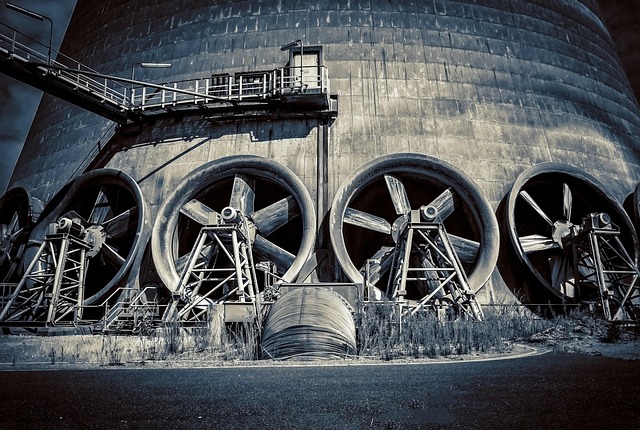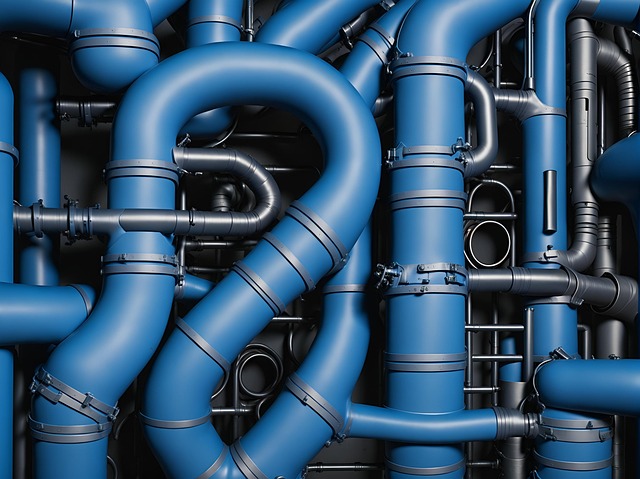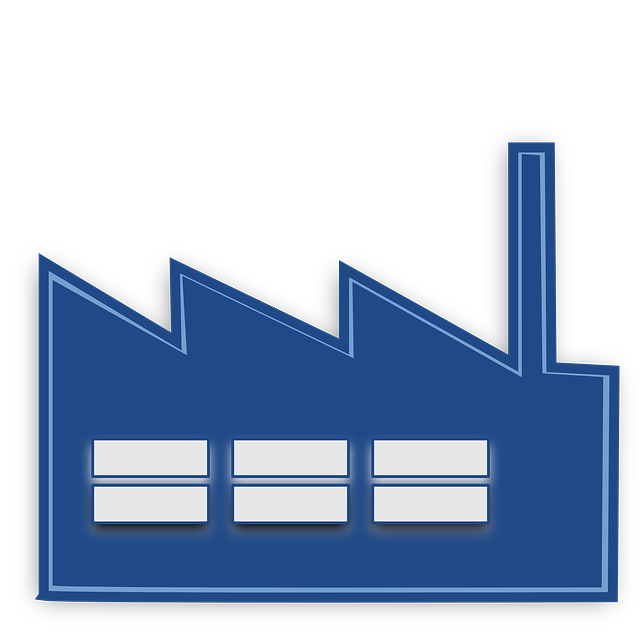Manufacturing facilities require tailored real estate solutions to accommodate unique machinery and processes efficiently. Customized layouts ensure dedicated spaces for each operation, enhancing workflow and productivity. Flexible designs that accommodate expansion and reconfiguration are crucial for manufacturers to adapt to changing demands and enhance operational effectiveness through reduced production times and waste. Adaptive spaces incorporating smart infrastructure support emerging technologies like automation, robotics, and AI, ensuring businesses remain competitive in a rapidly changing market.
Modern manufacturing facilities demand more than a one-size-fits-all approach. With specialized machinery and evolving technologies, custom real estate solutions are crucial. This article explores three key aspects: unique layouts tailored to specialized equipment, infrastructure designed for optimized workflow efficiency, and adaptable spaces to accommodate future technological advancements. By integrating these strategies, manufacturers can enhance productivity, reduce costs, and stay competitive in an ever-changing market.
Unique Layouts for Specialized Machinery
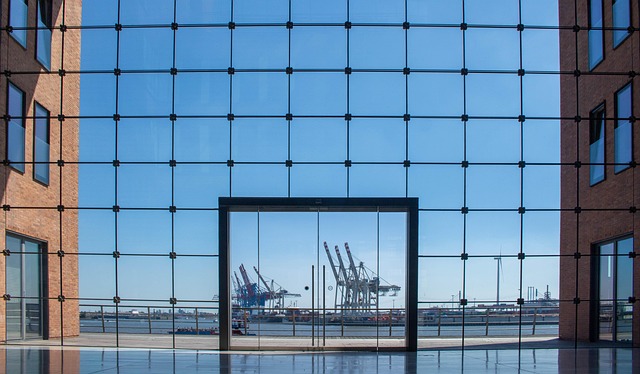
Manufacturing facilities, tailored to specific industries, often demand unique layouts to accommodate specialized machinery and processes. In the world of manufacturing, real estate plays a crucial role in optimizing space for efficient production. Each machine or assembly line may require dedicated areas due to their size, operational needs, and safety considerations.
For instance, a pharmaceutical plant might need vast, sterile rooms for advanced equipment, while an automotive facility could have specialized sections for welding, painting, and assembly lines. These layouts are not just about fitting machinery; they ensure smooth workflow, minimize disruptions, and enhance overall productivity. Thus, the real estate aspect is integral to designing manufacturing facilities that cater to their unique operational demands.
Custom Infrastructure to Optimize Workflow

Manufacturing facilities, to thrive in today’s competitive landscape, demand customized infrastructure tailored to optimize workflow efficiency. This involves thoughtful planning and strategic placement of machinery, storage areas, and staff stations to minimize movement and maximize productivity. A well-designed facility can significantly reduce production times and waste, enhancing overall operational effectiveness.
Real estate plays a pivotal role here, as the physical layout of a manufacturing plant directly impacts its ability to adapt to changing market demands. Flexible designs that accommodate expansion or reconfiguration are increasingly sought after, enabling businesses to stay agile in an ever-evolving industry. By investing in intelligent real estate solutions, manufacturers can create a robust foundation for sustained growth and success.
Adaptive Spaces for Future Technologies
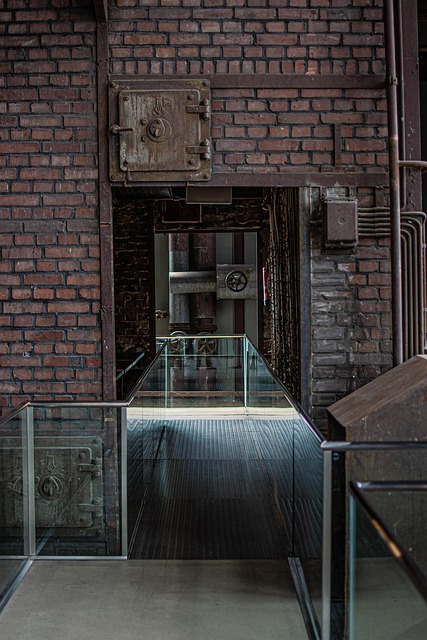
Manufacturing facilities are no longer static structures; they need to evolve with technology and market demands. This is where adaptive spaces come into play, transforming traditional real estate into flexible areas that can accommodate emerging technologies. By designing factories with modular layouts and smart infrastructure, manufacturers can swiftly adopt new equipment, production methods, or even entirely different industries without significant restructuring.
This adaptability is crucial in today’s fast-paced manufacturing landscape, where staying ahead often depends on a company’s ability to pivot quickly. Advanced automation, robotics, and AI are just some of the future technologies that will shape factories. Real estate that can accommodate these changes seamlessly will be invaluable, ensuring businesses remain competitive and relevant in an ever-evolving market.
